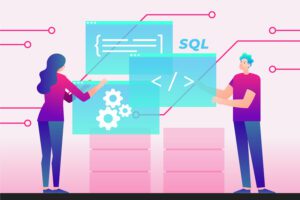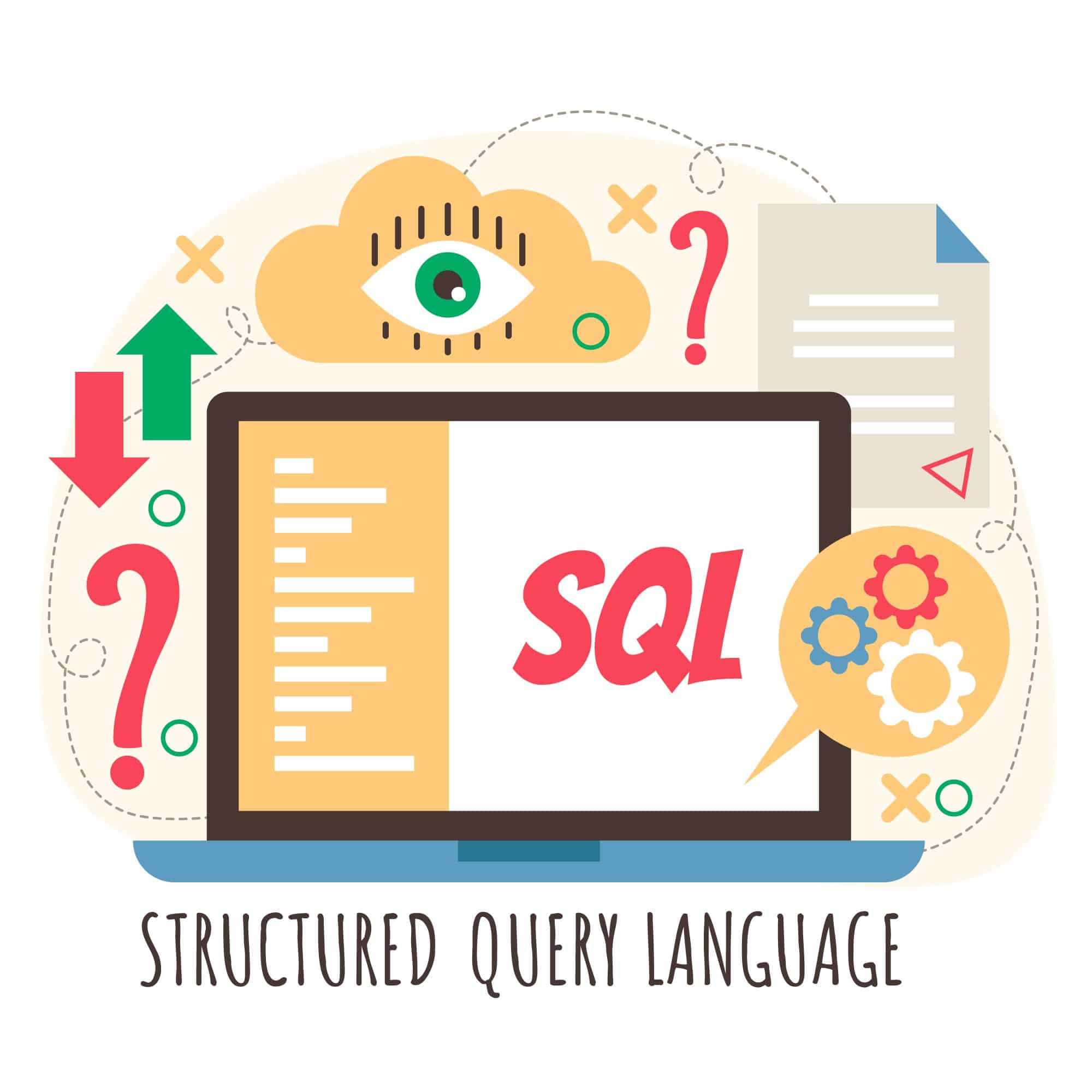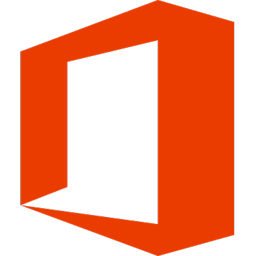SQL is a widely-used programming language designed to access and manipulate relational databases, with an easy syntax and wide variety of functions making it suitable for many industries.
Develop your SQL skills to further advance your current career or find a new one. Discover its history, modern applications, and future plans.

Many Databases Use Their Own Special Systems
There are many databases that use SQL, but they are also often going to use their personalized systems as well to keep things as safe as they can be. The importance of this is that they are able to use the SQL language as a starting point, but then they add their own layer of database communications on top of that to keep their systems extra safe. It is incredibly important to do both things so that there aren’t too many worries about how to get information where it needs to go.
Companies like to use a language on top of SQL because they want the added security of having their own code in their databases as well. On top of that, they may have some specialized needs in their database that they need to address. The best way to get at that is to have their own code to make sure they don’t simply rely on SQL by itself to get the job done. Instead, they need to add another layer of code on top of SQL to make it as useful as possible for their personalized needs.

Standard SQL Commands
SQL supports an extensive range of data transactions across industries and roles, such as creating tables and indexes; editing; deleting; retrieval as well as database management functions. It also offers database monitoring functions.
SQL’s simple syntax makes it easily learnable without prior programming knowledge or familiarity of relational databases. Plus, its portability spans multiple operating systems, architectures, coding languages, servers and embedded systems – perfect for portable solutions!
A typical SQL command includes one or more clauses that perform specific functions. For instance, the SELECT clause selects attributes from tables matching certain criteria and returns their results; other clauses can modify or reduce scope as well as specify how to sort or order results. Furthermore, SQL supports views which provide tailor-made tables derived from query output.
WHERE is another common clause used with SQL that specifies field criteria necessary to produce desired output. Furthermore, SQL supports JOIN statements which allow related records to be linked together and create new tables; further enhanced by UNION clause which combines multiple JOIN results for powerful new table generation potential. Furthermore, SQL also features various constraints designed to ensure data integrity and authenticity; these constraints are applied directly to columns within database tables in order to prevent incorrect or duplicate records being saved in error and ensure optimal scalability and compliance levels.

SQL Skills are Increasingly Valued
SQL is one of the world’s most frequently utilized programming languages, used in organizations of all kinds for data storage purposes and utilized to connect to databases. Even non-technical teams such as sales and marketing must often access granular company data–whether that be whether a campaign is working effectively or how long people wait on customer support lines – and SQL provides an easy solution.
Finance professionals need SQL skills because it enables them to automate tedious tasks such as sorting and organizing large data sets. This reduces human error, saving hours in repetitive work that would otherwise need to be completed manually.
But the most compelling advantage of learning SQL lies in career advancement. Numerous top companies like Netflix, Uber, Amazon, Wells Fargo and Google require knowledge of SQL to manage their extensive libraries of data. Even smaller organizations collect and analyze large amounts of information; being able to understand and manipulate this information opens up new job opportunities while increasing individual’s value in the workplace.
Databases are Growing
Retrieving data from databases once required extensive knowledge of programming and expensive software. Codd’s 1970 paper on A Relational Model of Data for Large Shared Data Banks laid the groundwork for relational databases and SQL, an easy programming language which made gaining access easier.
Most major database management systems rely on SQL as their standard query language due to its intuitive nature and wide support of commands such as DQL (Data Query Language) commands such as SELECT; DDL (Data Definition Language) commands such as CREATE, DROP and MODIFY; DCL (Data Control Language) grants and revokes; as well as DML (Data Manipulation Language) insert, update or delete.
SQL is the go-to database language because of its interactive nature, making errors less likely. This is important when handling millions of data points that could easily lead to misinterpretation or incomplete results.
The future of databases
Over fifty years ago, when Edgar Codd created the relational database and Donald Chamberlin and Raymond Boyce created SQL to communicate with it, our world was different. Shops opened and closed at fixed hours; to purchase something you had to call your local store or order through mail or catalogue.
Today’s digital world thrives on data. Even nontraditional industries, like journalism when the Panama Papers were released, require knowledge of databases to unpack and organize large amounts of information they contain. So it comes as no surprise that having a working knowledge of SQL is highly valued across industries and professions.
No matter if it’s for managing customer data for a shoe company, finding bargains in an online sales catalog, or analyzing results of sporting events – databases make that analysis possible. As such, their future should provide scalability, flexibility and user friendliness while remaining fundamentally reliable.
Databases in support of our next era of business will need to be battle-tested and proven at scale, in order to guarantee uptime even as transaction volumes increase exponentially. They should also integrate more easily with popular scripting languages like Python and R, and offer innovative features like cross-shard transactions and query replication.



